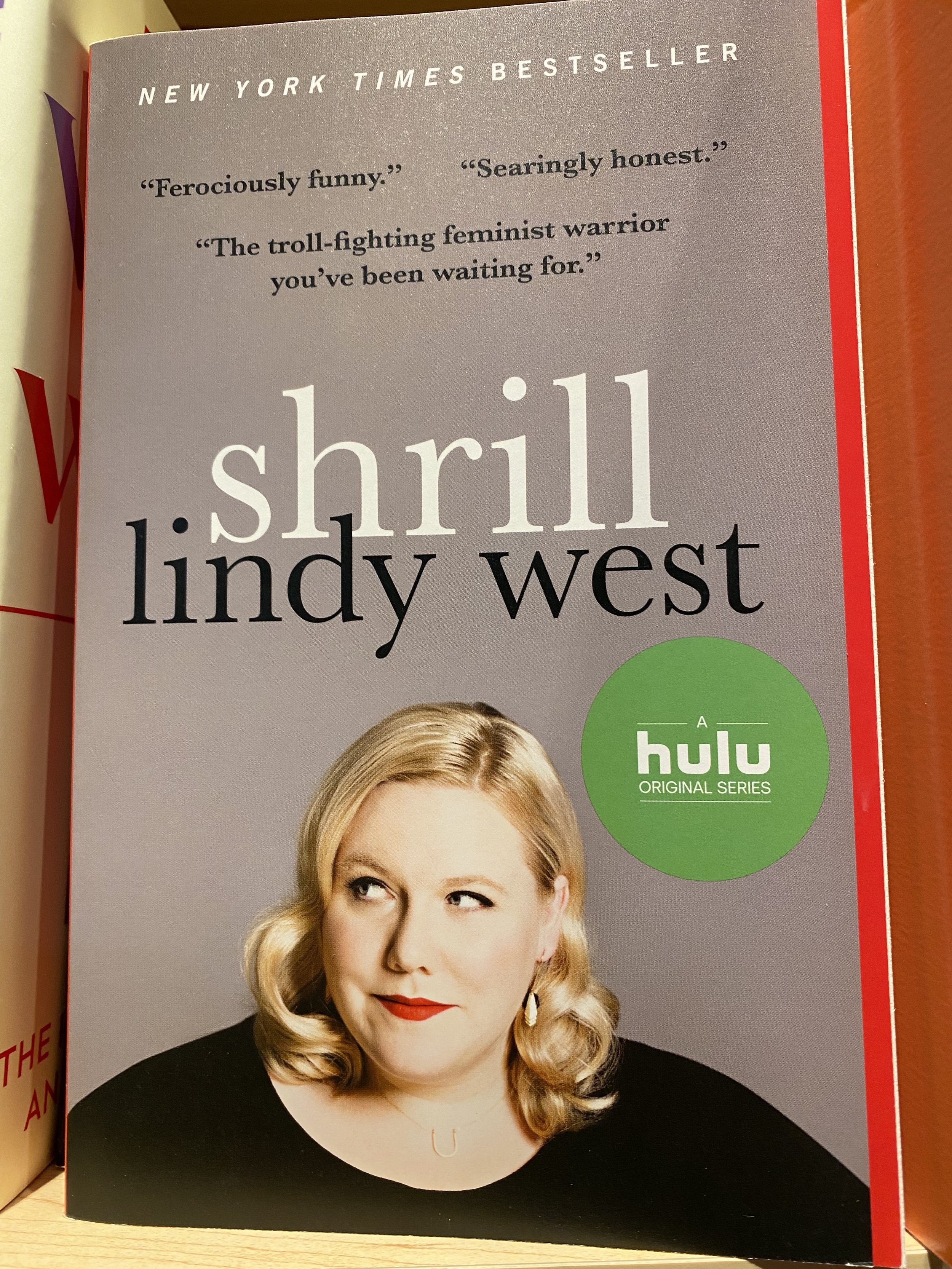4/5 stars
What's it about? Poet Maxine Kumin talks craft and country living in this volume of essays about managing a farm in New Hampshire while maintaining a writing life. A warm hearth of a book.
How’d I find it? I picked this up at Normals Books & Records in Baltimore, which has the kind of selection that makes me say, “Ooh!” and pluck a book off the shelf that I never even knew existed.
Who will enjoy this book? In Deep is for horse girls young and old, as well as for Mary Oliver and Henry David Thoreau acolytes.
What stood out? In Deep owes much to Kumin’s admiration of Thoreau, whose influence can be seen in essays dedicated to taxonomic descriptions of mushrooms and species of cattle as well as in “The Unhandselled Globe,” which centers on Thoreau himself. Kumin rejects the Freudian links to women who love horses and gendered assumptions about her mares; she and the animals she loves are the focus here, and glimpses of her human family are brief. She writes beautifully about the day-to-day labors of keeping a farm running, from building fences to keeping everyone fed.
Which line made me feel something? From the closing essay, “A Sense of Place,” an outstanding analysis of the stamp of home on Kumin’s poetry: “In a poem one can use the sense of place as an anchor for larger concerns, as a link between narrow details and global realities. Location is where we start from. Landscape provides our first geography, the turn of the seasons are archetypes for our own mortality.”







